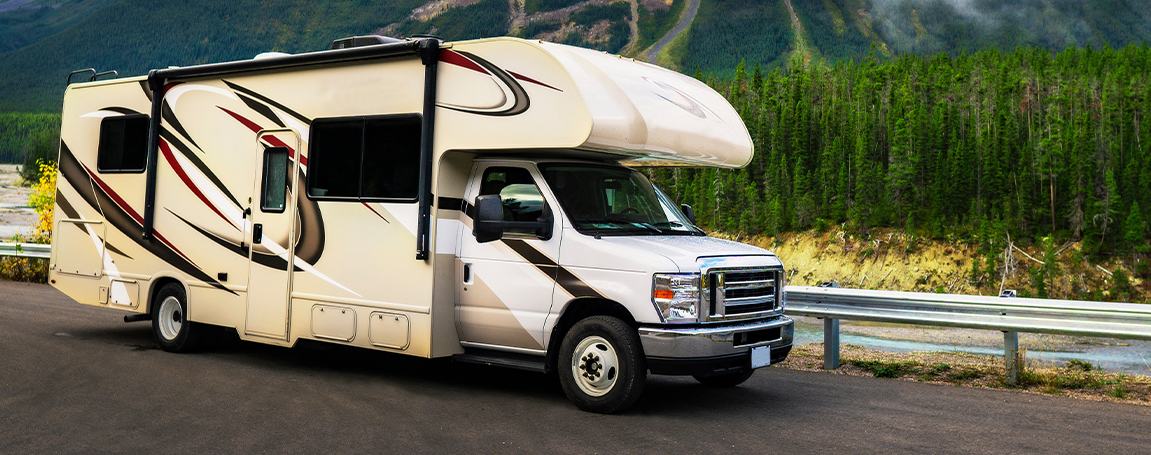What’s The Difference Between Motorhomes and Towable RVs?
What’s The Difference Between Motorhomes and Towable RVs?
Posted on October 21, 2023
Are you new to the world of RVs? Confused about which type is the best option for your next road trip? What’s the difference between motorhomes and towable RVs? Read on to become an expert.
Pros and Cons

Towable RVs are the perfect choice for the beginner RV driver. They’re often the more cost-effective option as repair costs are usually less. You also won’t be careless when your towable RV is being repaired. However, proficiency in towing is required. A towable RV also doesn’t have electric power.
Towing skills aren’t required. Motorhomes can prove more convenient as you’ll have direct access to kitchen and bathroom facilities. Your pets will also enjoy the more spacious travelling experience as they won't be confined to a separate area. The inconvenience of motorhome maintenance and repairs can prove a huge inconvenience. Motorhomes tend to have higher repair costs as they often require specialized services. Transportation could also be a problem while the motorhome undergoes repairs.
Types of Motorhomes

A motorized chassis and a camper are combined to form a motorhome. A wide range of motorhomes are available.
Class A Gas & Diesel Pusher Motorhomes
A typical gas motorhome is constructed with an entrance behind the cab area and an engine in the front of the vehicle. A gas engine is usually much cheaper than a diesel option. Maintenance costs are less as well. A diesel engine has a longer lifespan and offers more power over hilly terrain. Your ride is generally smoother when using a diesel engine, although a gas engine is quieter. However, if the diesel engine is located in the rear of the vehicle, the ride should prove to be quieter.
Class B Motorhomes
This type of motorhome is constructed on a van chassis with either a diesel or gas engine. Class B motorhomes are more compact in design and easier to manoeuvre. This makes it ideal for the more inexperienced motorhome driver. Fuel economy is also more efficient, but Interior space is more restrictive.
Class C Motorhomes
Constructed like the Class B option, Class C Motorhomes are larger since the living area is above the van chassis. Crossover motorhomes, such as B+, are also available.
Fifth Wheels & Travel Trailer RVs
The two RV options differ in towing ability. Fifth Wheel RVs are attached to the pickup truck’s hitch, located in the truck bed. Fifth Wheels offer a more spacious living area with additional storage, making it ideal for families. Diverse floorplan options are available. These larger RVs require heavy-duty trucks that offer decent towing. In turn, fuel costs will prove more expensive.
Travel trailers are attached to the vehicle’s bumper, allowing the truck bed to store additional cargo. Although travel trailers usually offer a smaller floor plan, they are usually more cost-effective as truck modifications aren’t needed for effective towing. A travel trailer’s smaller size allows for easier storage. Towing can require more skill.
Finding the right RV to meet your needs can be daunting. Important aspects such as budget, experience, and long-term plans must be considered. Visit The Hitch House in Ontario. Our staff are keen to introduce you to your RV match.
